Skincare is an essential part of our daily self-care routine, and establishing a consistent regimen can help maintain healthy and glowing skin. However, it is important to understand that the needs of our skin vary throughout the day. Daytime and nighttime skincare routines serve different purposes and require distinct approaches. In this article, we will explore the differences between day and night skincare routines and discuss how to tailor your routine to suit your skin’s unique needs.
Introduction
Taking care of your skin is more than just a beauty ritual; it is a way to nourish and protect your skin from external stressors and promote overall skin health. A proper skincare routine not only helps maintain the skin’s natural balance but also addresses specific concerns such as hydration, sun protection, and repair.
Importance of Skincare Routine
Before diving into the specifics, it is crucial to understand why following a skincare routine is important. Our skin is exposed to various environmental factors such as pollution, UV radiation, and free radicals, which can damage the skin cells and lead to premature aging. A well-designed skincare routine acts as a shield, protecting the skin and supporting its natural functions.
Understanding Day Skincare Routine
The day skincare routine focuses on safeguarding the skin from external aggressors while providing essential hydration and nourishment. Let’s break down the key steps involved in a typical day skincare routine:
Cleansing and Toning
The first step in any skincare routine, regardless of the time of day, is cleansing. Cleansing in the morning helps remove any impurities that may have accumulated on the skin overnight. A gentle cleanser suitable for your skin type will eliminate excess oil, dirt, and residual products, leaving your skin refreshed.
After cleansing, toning becomes crucial. Toning helps restore the skin’s pH balance and prepares it for the subsequent skincare steps. Look for toners containing hydrating and soothing ingredients like hyaluronic acid or rose water.
Moisturizing and Sun Protection
Hydration is key to maintaining healthy and supple skin. Applying a moisturizer in the morning helps lock in moisture and acts as a protective barrier against external factors. Look for moisturizers with SPF to ensure sun protection.
Speaking of sun protection, applying sunscreen is vital to shield your skin from harmful UV rays. Choose a broad-spectrum sunscreen with at least SPF 30 and apply it generously on all exposed areas of your body.
Eye Care and Serum Application
The delicate skin around the eyes requires special attention. Applying an eye cream or gel helps hydrate the under-eye area and minimize the appearance of puffiness and dark circles. Gently pat the product with your ring finger for optimal absorption.
Serums are concentrated formulas that target specific skincare concerns. In the morning, consider using serums with antioxidants like vitamin C to protect the skin from free radicals and promote a brighter complexion.
Makeup Application (Optional)
If you prefer wearing makeup during the day, this is the time to apply it. However, make sure to choose products that are non-comedogenic and provide additional sun protection. Remember to remove your makeup thoroughly at night to allow your skin to breathe and regenerate.
Understanding Night Skincare Routine
The nighttime skincare routine focuses on repairing and rejuvenating the skin while you sleep. Here’s a breakdown of the key steps involved:
Cleansing and Makeup Removal
Before diving into the nighttime routine, it’s crucial to remove all traces of makeup and cleanse your skin thoroughly. Use a gentle cleanser that effectively removes makeup, dirt, and excess oil. Double cleansing, involving an oil-based cleanser followed by a water-based one, ensures a deep and thorough cleanse.
Exfoliation and Masking
Exfoliation is an important step in the nighttime routine as it helps remove dead skin cells and unclog pores. Depending on your skin type and concerns, choose between physical exfoliants (such as scrubs) or chemical exfoliants (such as AHAs or BHAs) to achieve a smoother and brighter complexion. Limit exfoliation to 2-3 times a week to avoid over-exfoliation.
Applying a face mask once or twice a week can provide additional nourishment and address specific skin concerns. Whether you choose a hydrating mask, clay mask, or sheet mask, ensure it suits your skin type and needs.
Serum and Treatment Application
Nighttime is the ideal moment to introduce serums and treatments that promote repair and rejuvenation. Look for serums containing ingredients like retinol, hyaluronic acid, or peptides. These ingredients can help stimulate collagen production, reduce the appearance of fine lines and wrinkles, and improve overall skin texture.
Moisturizing and Eye Care
Applying a nourishing night cream or moisturizer is essential to replenish moisture lost throughout the day. Nighttime moisturizers are often formulated with richer textures and ingredients that support the skin’s repair process. Massage the moisturizer in upward motions, promoting better absorption.
Don’t forget to give your under-eye area some TLC by applying a dedicated eye cream. Eye creams help hydrate, firm, and reduce the appearance of fine lines and wrinkles around the eyes.
Key Differences Between Day and Night Skincare Routine
While some steps overlap between the day and night skincare routines, there are significant differences to consider:
Sun Protection
Daytime skincare routines require the application of sunscreen to protect the skin from harmful UV rays. This step is unnecessary at night since you are not exposed to direct sunlight.
Makeup Application
Daytime routines often involve the application of makeup, which is not necessary at night. Instead, focus on removing makeup thoroughly to allow the skin to breathe and regenerate.
Repair and Regeneration
Nighttime skincare routines prioritize repair and regeneration. The skin’s natural repair processes are more active during sleep, making it the ideal time to use targeted treatments and serums that promote cell turnover and collagen synthesis.
Product Selection
Nighttime skincare routines can incorporate more potent and active ingredients that may not be suitable for daytime use. These ingredients, such as retinol or chemical exfoliants, may cause sensitivity to sunlight. Therefore, they are best used at night to maximize their benefits.
Tailoring Skincare Routine to Individual Needs
Each individual’s skin is unique, and it’s essential to tailor your skincare routine accordingly. Consider factors like skin type, concerns, and sensitivity when selecting products and determining the frequency of their use. Consulting with a dermatologist or skincare professional can provide personalized guidance.
Tips for Effective Skincare Routine
Here are some tips to ensure an effective skincare routine:
Consistency is Key
Consistency is vital when it comes to skincare. Stick to your routine and give your skin time to adjust to the products. Results may not be immediate, but with regular use, you’ll notice improvements over time.
Choose the Right Products
Understanding your skin type and concerns will help you choose the right products. Look for ingredients that address your specific needs and avoid products that contain potentially harmful ingredients or allergens.
Patch Testing
Before incorporating new products into your routine, perform a patch test. Apply a small amount of the product on a discreet area of your skin and monitor for any adverse reactions. This step helps identify potential sensitivities or allergies.
Listen to Your Skin
Pay attention to how your skin reacts to certain products or ingredients. If you notice irritation, redness, or discomfort, discontinue use and consult a dermatologist if necessary. Your skin will provide valuable feedback about the products you use.
Conclusion
Establishing a day and night skincare routine that suits your skin’s unique needs is essential for maintaining healthy and radiant skin. By understanding the key differences between these routines and tailoring them to your individual requirements, you can optimize the benefits of your skincare regimen.
Remember, consistency, appropriate product selection, and listening to your skin are key elements of an effective skincare routine. Embrace the self-care journey, and let your skin glow with health and vitality.

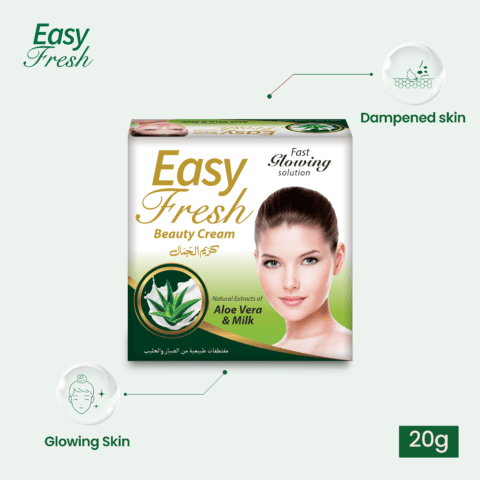
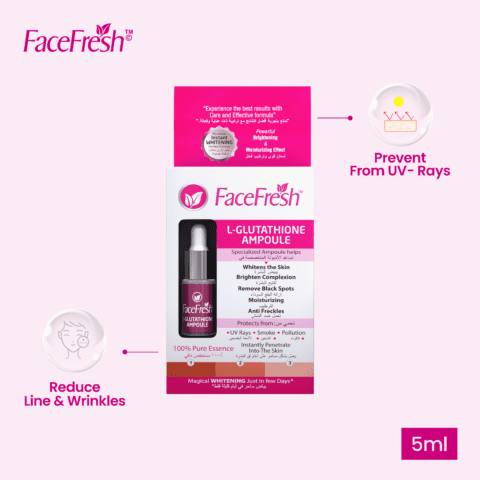
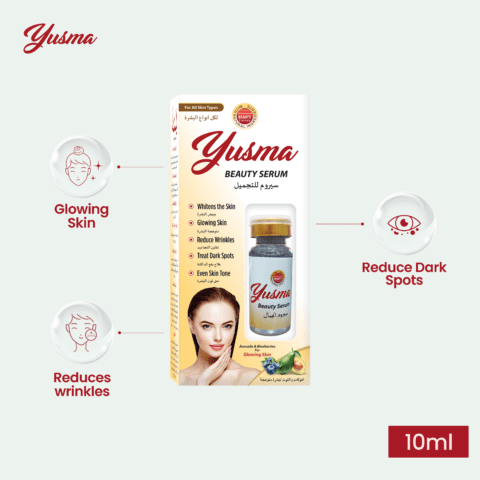
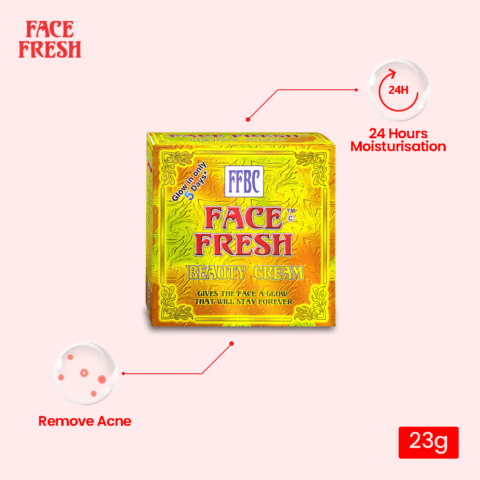
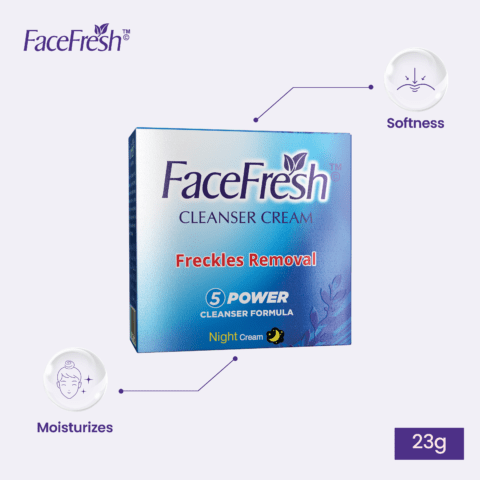

Leave a comment
Your email address will not be published. Required fields are marked *